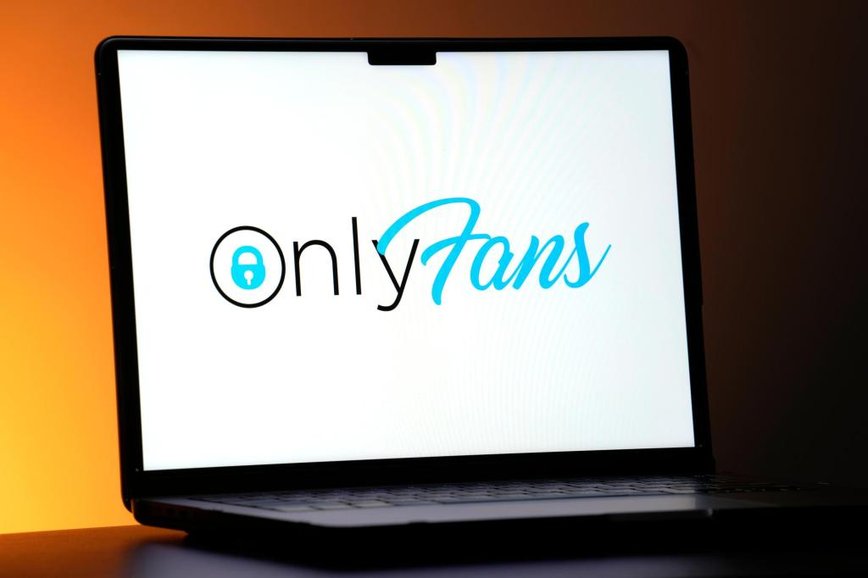
Online Age Checks: Balancing Safety And Internet Freedom on OnlyLikeFans

A Global Surge in Online Age Checks
Age checks are popping up everywhere online, from social media to adult sites, asking users to prove they're old enough to access certain content. Advocates say these checks are crucial to keeping kids away from harmful material. In contrast, critics argue they could lead to a less private and less free internet, potentially shutting out more than just adult content.
Over 20 U.S. states have rolled out age verification laws, though many face legal hurdles. While the federal government hasn't mandated this yet, the Supreme Court recently backed a Mississippi law for social media checks. Globally, the UK has implemented similar rules for adult sites, and countries like France and Australia are crafting their own approaches.
“I think that many of these laws come from a place of good intentions,” said Jennifer Huddleston, a senior technology policy fellow at the Cato Institute. “Certainly we all want to protect young people from harmful content before they’re ready to see it.”
Debating Privacy and Freedom
Critics, like Huddleston, argue these laws may infringe on privacy and free speech, affecting everyone, not just minors. The U.S. laws are varied – some, like in Texas and Louisiana, target sites with a high percentage of adult content, while others, in places like Wyoming, focus on any site deemed potentially harmful to kids.
Deciding what qualifies as harmful can be subjective, leading experts to worry about potential First Amendment violations. This could mean mandatory age checks for accessing anything from Netflix to neighborhood blogs. "In places like Australia and the U.K., there's already a split between content available to users willing to verify their identity and the rest of the internet," notes Jason Kelley from the Electronic Frontier Foundation.
Tech Companies and Privacy Concerns
For many platforms, these new requirements pose a challenge, especially smaller ones. Bluesky, for instance, has pulled out of Mississippi due to its strict age verification laws, which demand checks for all users, not just those accessing adult material. This stance aligns with some companies' calls for app stores, like Apple and Google, to handle age verification instead.
Amidst these changes, technology companies are racing to adapt. Platforms like YouTube and Instagram are experimenting with AI to determine user ages, while others, like Roblox, require photo IDs for certain content access. However, face scans meant to gauge age accurately are still not foolproof, sometimes misjudging based on gender or ethnicity.
Ultimately, while the push for age verification aims to protect younger audiences, it raises significant concerns about privacy and accessibility on the web. As the digital landscape continues to shift, the balance between safety and freedom remains a hot-button issue.















